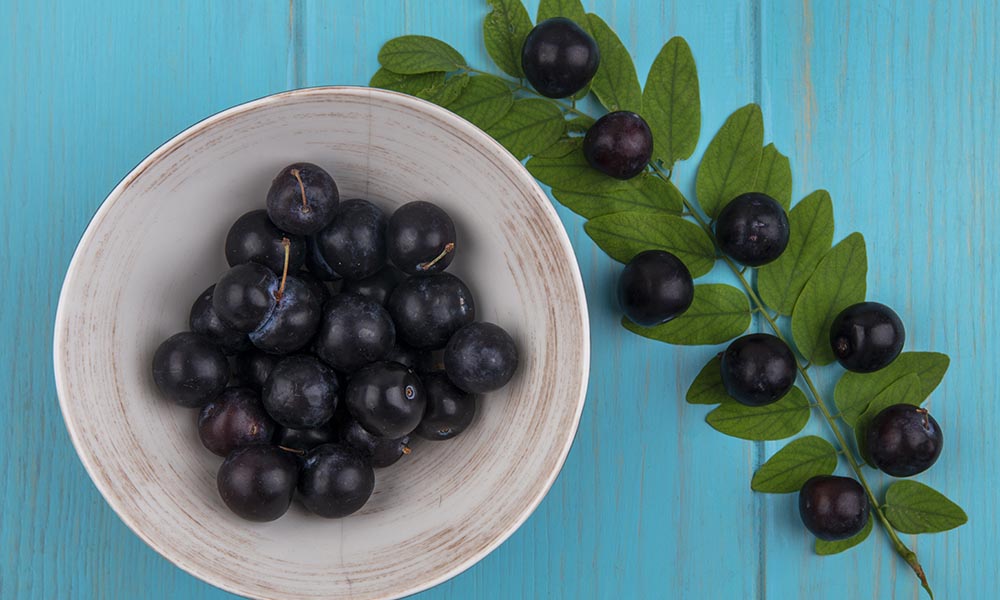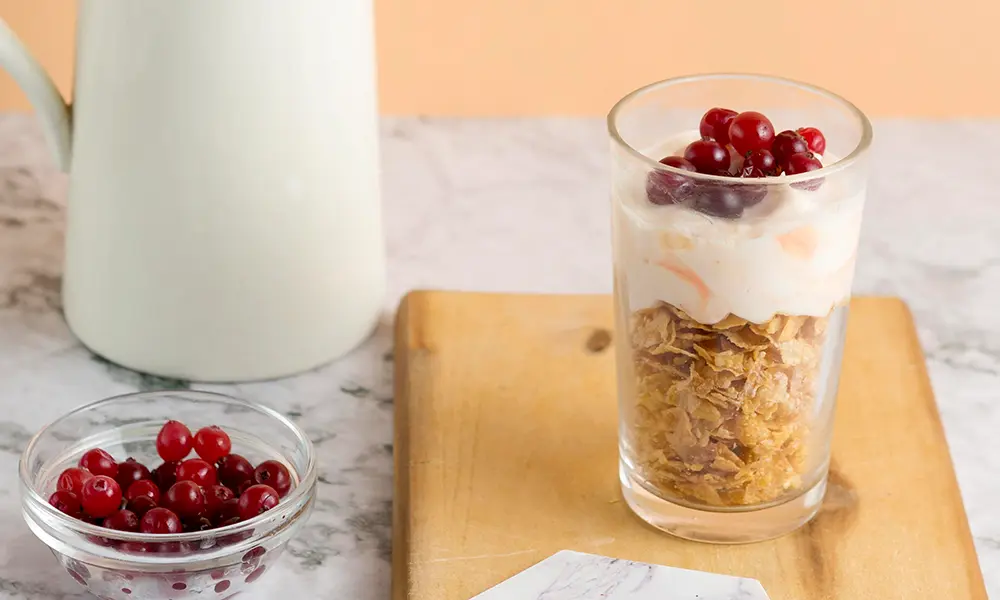The allure of acai bowls and smoothies often raises a question: Is acai healthy? This nutrient-rich berry from the Amazon has been labelled a superfood, but separating its true benefits from marketing claims is essential. Let’s dive deeper into the science behind acai, its nutritional profile, and how it can be a beneficial addition to your diet without falling into the trap of exaggerated promises.
What is Acai, and Why the Buzz?
Acai berries are small, dark purple fruits native to the Amazon rainforest, where they have been a dietary staple for centuries. They became a global sensation due to their touted health benefits, often being promoted as antioxidant powerhouses. Acai is commonly consumed as frozen pulp, powder, or an ingredient in smoothies and bowls.
But is acai healthy enough to justify the buzz? Its unique nutritional composition deserves a closer look.
Nutritional Benefits:
Here are the benefits or things that make acai stand out:
High in Antioxidants:
Acai berries are packed with anthocyanins, the antioxidants responsible for their deep purple hue. These compounds combat free radicals, potentially reducing inflammation and lowering the risk of chronic diseases.
Rich in Fibre:
Fibre promotes digestive health, regulates blood sugar levels, and keeps you feeling full for longer.
Heart-Healthy Fats:
Unlike many fruits, acai contains fats primarily oleic acid, a monounsaturated fat that supports cardiovascular health.
Essential Vitamins and Minerals:
Acai provides vitamin C, vitamin A, and small amounts of potassium and calcium, supporting overall health.
While the nutrient profile sounds impressive, is acai healthy on its own? The key lies in how you consume it.
The Role of Acai in Weight Management
Acai is often marketed as a weight-loss aid. While its fibre content can promote satiety, helping control appetite, it’s essential to view it as part of a broader healthy diet. Is acai healthy for weight loss? Yes, but only as a supporting player alongside exercise and balanced eating.
Acai and Digestive Health
The fibre in acai contributes to a healthy gut, promoting regular bowel movements and feeding beneficial gut bacteria. However, many commercial acai products are stripped of their fibre during processing. To maximise benefits, opt for whole or minimally processed acai.
Potential Drawbacks of Acai
While acai offers notable health benefits, there are considerations to keep in mind:
Processing and Additives:
Many acai products, especially pre-made smoothie packs and bowls, contain added sugars or preservatives. These can dilute its natural benefits. Always check labels for purity.
Cost:
High-quality acai can be expensive. Weigh its benefits against other affordable antioxidant-rich foods like blueberries or spinach.
Allergic Reactions:
Though rare, some individuals may experience allergic reactions. Always introduce new foods cautiously.
The Environmental Impact of Acai
Is acai healthy for the planet? Sustainable farming practices are essential for preserving the Amazon ecosystem. When buying acai, opt for brands that support ethical sourcing and environmental conservation.
How to Incorporate Acai into Your Diet
Acai is versatile and can be included in various forms, such as:
- Smoothies
- Bowls topped with fruits and nuts
- Acai powders in baking or beverages
When preparing acai, prioritise whole, unsweetened products to avoid unnecessary additives.
Debunking Myths About Acai
While acai’s benefits are real, some claims are exaggerated. It won’t cure diseases or replace the need for a balanced diet. Instead, think of acai as a nutrient-packed supplement to an already healthy lifestyle.
Final Verdict
The answer is a resounding yes with a caveat. While acai is undoubtedly nutrient-dense, its health benefits depend on how it’s consumed. Opt for minimally processed acai products, watch out for hidden sugars, and enjoy it as part of a diverse, balanced diet.
Ready to embrace the benefits of acai? Explore Yo Hayo’s premium selection of health-focused products and elevate your diet today. Have questions or need guidance? Contact us for expert advice and personalised recommendations.
FAQs
-
Can acai help with weight loss?
While acai is low in calories and high in fibre, it’s not a magic weight-loss solution. Its fibre content can promote satiety, helping you feel full for longer, but sustainable weight loss requires a balanced diet and regular exercise. Acai can complement your weight management plan, but it should not be relied upon as a sole strategy for losing weight.
-
Are there any side effects of eating acai?
Acai is generally safe for most people, but some individuals may experience allergic reactions. Additionally, many commercial acai products contain added sugars and preservatives that could negate health benefits. Always choose minimally processed options and consume acai in moderation to avoid any potential side effects.
-
Is acai suitable for children?
Yes, acai can be a healthy addition to a child’s diet, provided it is free from added sugars and artificial ingredients. Acai’s antioxidants and nutrients support overall health, but it should be introduced gradually to ensure there are no allergic reactions. Opt for natural acai products and avoid highly processed versions marketed as treats.
-
How can I identify high-quality acai products?
High-quality acai products are minimally processed and free from added sugars, preservatives, and artificial flavours. Frozen acai pulp or powder is often the best choice. Look for certifications indicating sustainable sourcing and organic production to ensure you’re getting a premium product. Reading labels carefully is crucial when selecting acai products.
-
Can acai interact with medications?
Acai is not known to have significant interactions with most medications. However, if you are on blood-thinning medication or have specific health conditions, it’s best to consult your doctor before adding acai to your diet. Being cautious ensures that you reap the benefits of acai without any unwanted side effects.





